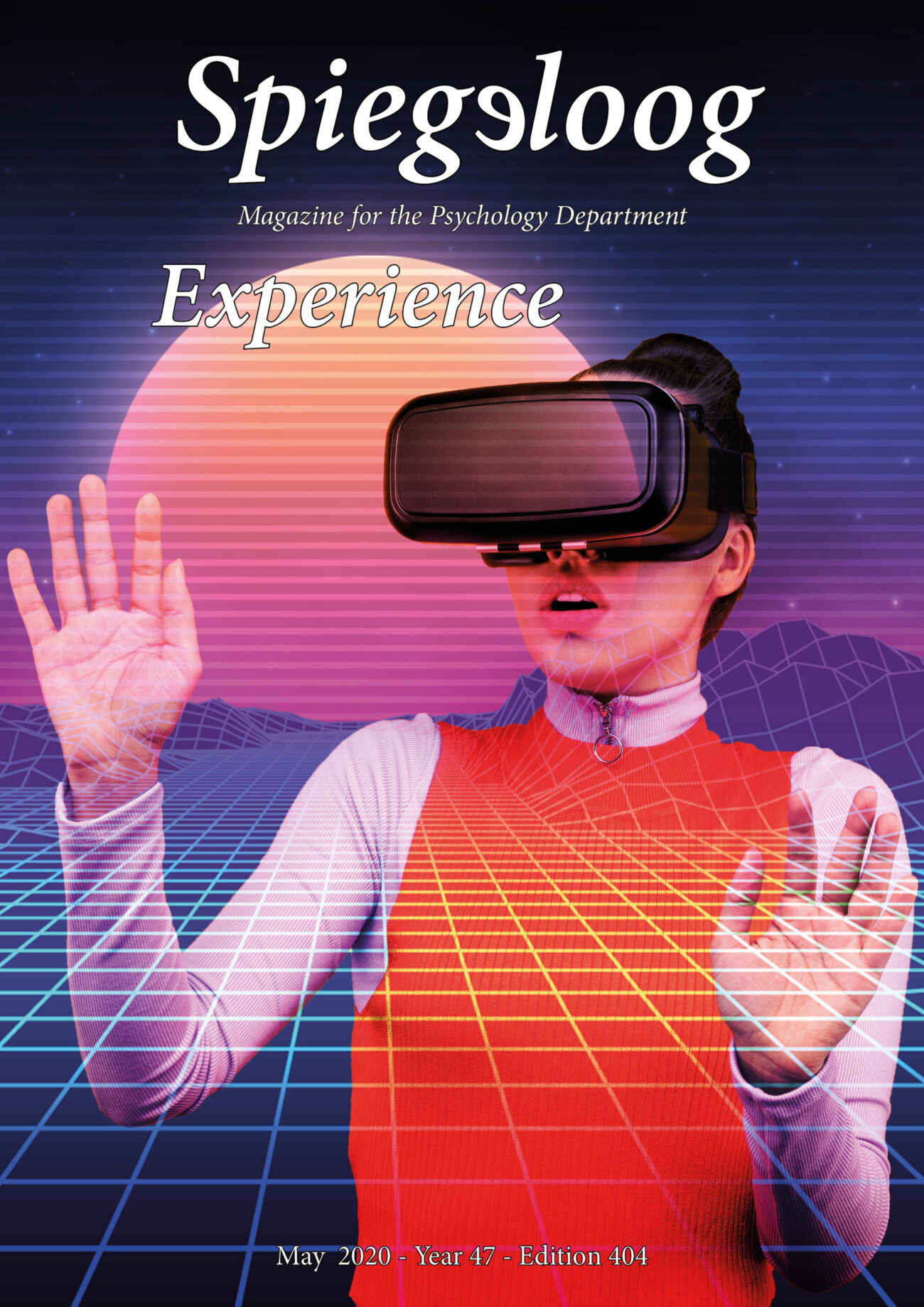

Psychology has had a pretty long journey. The study of the human mind and behavior started more than two millennia ago. Greek philosophers had arguments regarding Cognitive Psychology. Roman writers discussed the best approaches for a happy life and Modern Age thinkers speculated about neuroscience. At last, some empiricist intellectuals and physiologists gave birth to the contemporary field of Psychology. All of this summed up to a lot of thinking surrounding psychology, and that meant the creation of many ideas. What for these old thinkers consisted of inspecting phenomena produced by humans, today is more about learning these old thinker’s ideas regarding human phenomena. In other words, Psychology has become more of a system of ideas rather than the observation of its subject of study.
Today, contemporary books and lecturers talk about, for instance: intelligence. It has a tricky definition. It can be divided into subcategories you had never thought of. And somehow it is measured using IQ. Contemporary students are exploring the world of intelligence the same way the Apollo 11 crew explored the Moon: as though it is something unfamiliar. I think this is a problematic approach when one is still studying. Let me argue why.
First, this approach leads to forgetting about Psychology’s real subject of study. Because the core of our field is observing the human mind and behavior; observing the phenomenon. The system of ideas we have developed is a product of engaging in observation. In other words, the starting point is not the definition, subcategories, and measurements of intelligence. That is the consequence of centuries of observing this phenomenon. The starting point is that thing we all perceive, vaguely know and decided to call intelligence.
Second, this approach could fail to acknowledge the subjective aspect of Psychology’s system of ideas. It is key to realize that all psychological knowledge leads back to a layman’s experience. Think of all those greek philosophers, Modern Age thinkers, and physiologists that built Psychology’s system of ideas. They did so based on their personal experiences of the studied phenomena. For instance, any conventional definition of intelligence is a translation of someone’s experience with it. And by someone, I mean William James, Alfred Binet, or any other influential thinker.
You might be outraged now. Am I suggesting to forget Psychology’s system of ideas? Is my advice to neglect every theory, research, and method developed by previous scholars? Of course not. I don’t want to subtract anything but to add something. I want to add two habits to our studying approach. First, consider the object of study before the system of ideas developed around it. This is, think about intelligence as a phenomenon, before exploring its formal definition, subcategories, or measurement tools. To do so you will have to reflect on your personal experience with it. Secondly, remember that all of this conventional knowledge leads back to some personal experience. The first IQ test, for instance, was not written in stone. It came from an effort to identify a given group of children: those who would not benefit from early twentieth-century Parisian public education.
In short, I have tried to point out how fundamental personal experiences are for the science of Psychology. It constitutes the object of study and the source of its greatly developed system of ideas. At the same time, I think this realization should change our learning routine towards a more sophisticated and critical one. Simply put, studying psychology shouldn’t be like exploring the Moon. It should be more like going around your hometown joined by a group of experts.
Cover by Julius Dullaert.

Psychology has had a pretty long journey. The study of the human mind and behavior started more than two millennia ago. Greek philosophers had arguments regarding Cognitive Psychology. Roman writers discussed the best approaches for a happy life and Modern Age thinkers speculated about neuroscience. At last, some empiricist intellectuals and physiologists gave birth to the contemporary field of Psychology. All of this summed up to a lot of thinking surrounding psychology, and that meant the creation of many ideas. What for these old thinkers consisted of inspecting phenomena produced by humans, today is more about learning these old thinker’s ideas regarding human phenomena. In other words, Psychology has become more of a system of ideas rather than the observation of its subject of study.
Today, contemporary books and lecturers talk about, for instance: intelligence. It has a tricky definition. It can be divided into subcategories you had never thought of. And somehow it is measured using IQ. Contemporary students are exploring the world of intelligence the same way the Apollo 11 crew explored the Moon: as though it is something unfamiliar. I think this is a problematic approach when one is still studying. Let me argue why.
First, this approach leads to forgetting about Psychology’s real subject of study. Because the core of our field is observing the human mind and behavior; observing the phenomenon. The system of ideas we have developed is a product of engaging in observation. In other words, the starting point is not the definition, subcategories, and measurements of intelligence. That is the consequence of centuries of observing this phenomenon. The starting point is that thing we all perceive, vaguely know and decided to call intelligence.
Second, this approach could fail to acknowledge the subjective aspect of Psychology’s system of ideas. It is key to realize that all psychological knowledge leads back to a layman’s experience. Think of all those greek philosophers, Modern Age thinkers, and physiologists that built Psychology’s system of ideas. They did so based on their personal experiences of the studied phenomena. For instance, any conventional definition of intelligence is a translation of someone’s experience with it. And by someone, I mean William James, Alfred Binet, or any other influential thinker.
You might be outraged now. Am I suggesting to forget Psychology’s system of ideas? Is my advice to neglect every theory, research, and method developed by previous scholars? Of course not. I don’t want to subtract anything but to add something. I want to add two habits to our studying approach. First, consider the object of study before the system of ideas developed around it. This is, think about intelligence as a phenomenon, before exploring its formal definition, subcategories, or measurement tools. To do so you will have to reflect on your personal experience with it. Secondly, remember that all of this conventional knowledge leads back to some personal experience. The first IQ test, for instance, was not written in stone. It came from an effort to identify a given group of children: those who would not benefit from early twentieth-century Parisian public education.
In short, I have tried to point out how fundamental personal experiences are for the science of Psychology. It constitutes the object of study and the source of its greatly developed system of ideas. At the same time, I think this realization should change our learning routine towards a more sophisticated and critical one. Simply put, studying psychology shouldn’t be like exploring the Moon. It should be more like going around your hometown joined by a group of experts.
Cover by Julius Dullaert.


